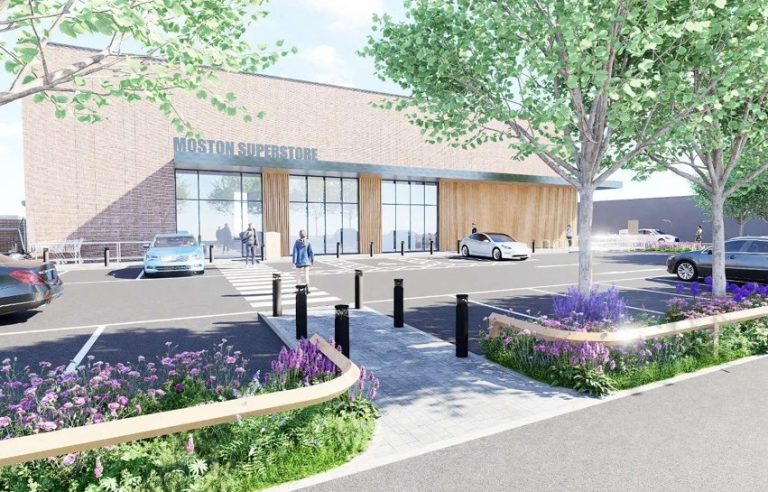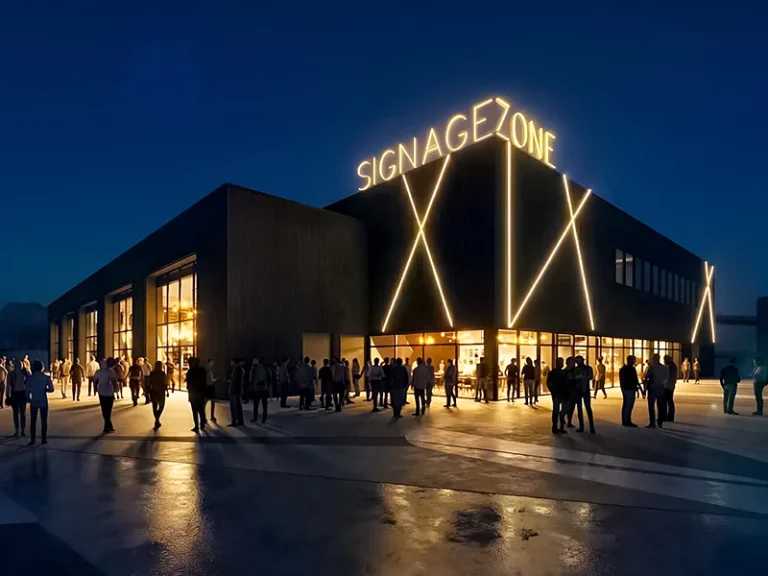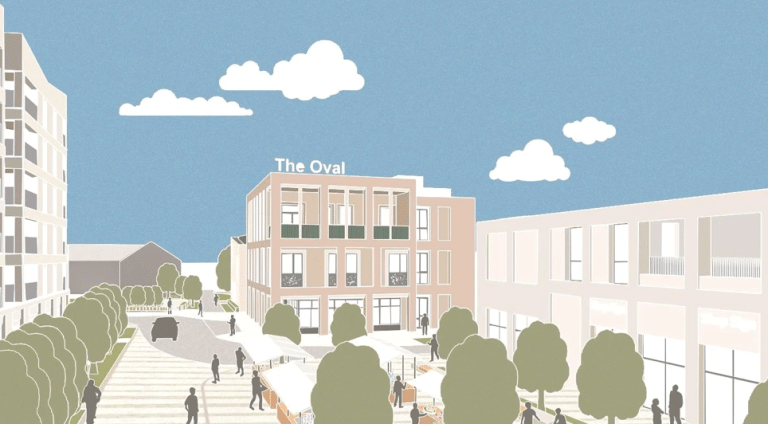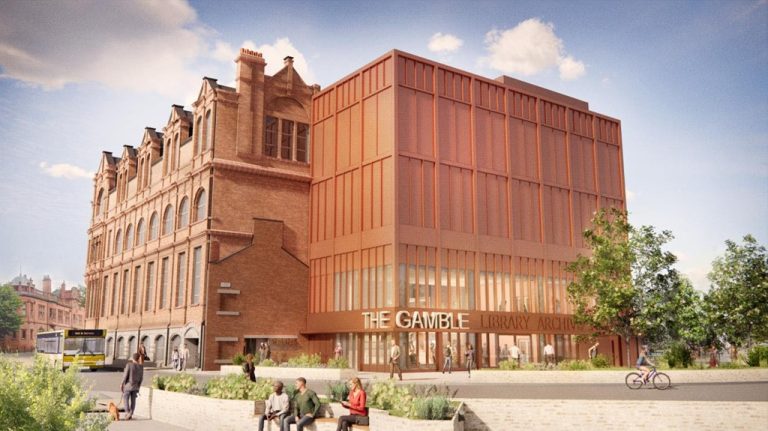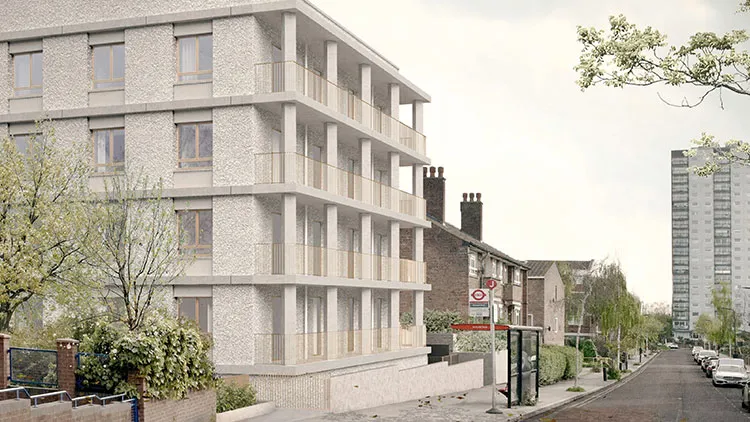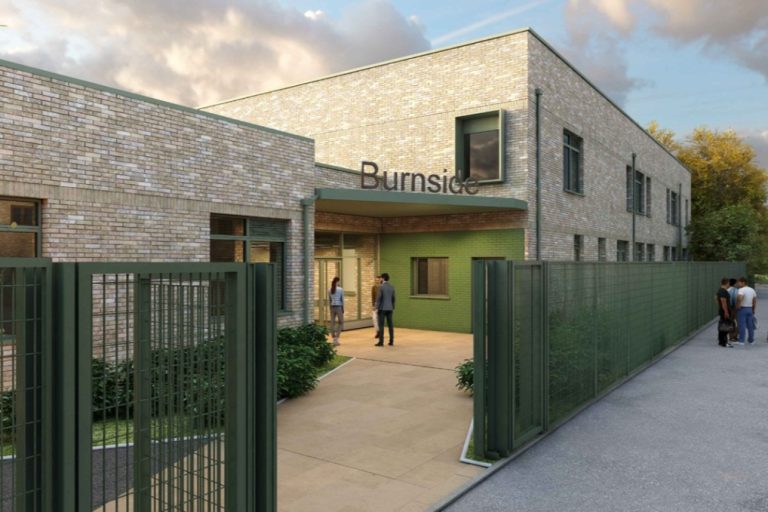Construction has started on the large-scale redevelopment of The Oval in Stevenage, marking a major step forward in revitalising one of the town’s established neighbourhood centres and advancing the council’s wider housing development programme. Ground was broken on Friday 30 January 2026, with attendees including representatives from Bugler Developments; Baroness Taylor of Stevenage OBE; Richard Henry, Leader of the Council; Jackie Hollywell, Cabinet Member for Housing; SBC councillors, ward councillors and officers; Lloyd Briscoe, Deputy Mayor of Stevenage; Sian Carter of Homes England; and Toby Fox, founder of 1.5M New Homes. A fixture of Stevenage since the 1960s, The Oval will be reshaped into a contemporary neighbourhood featuring new homes, shops, a church, community facilities and an inviting market square designed for residents and families. The first phase, delivered with Bugler Developments, includes Brent Court—an independent living scheme led by the council, providing 91 modern, affordable homes. Phase One will also create a new church, a community building and additional play spaces, forming a vibrant and inclusive hub. Backed by £20.5 million from Homes England, the project forms a central part of Stevenage Borough Council’s long-term, council-led housing development programme, which has been delivering high-quality, affordable homes across the town since 2015. The Oval scheme sits within a strong pipeline of housing projects in Stevenage, including the forthcoming handover of Dunn Close and Brodie Court, the council’s independent living scheme completed at the end of summer 2025 and now fully occupied. These developments offer modern, supported accommodation for older residents, supporting downsizing and releasing larger council homes for families and vulnerable residents. Councillor Jackie Hollywell, Cabinet Member for Housing, said: “The Oval has been an important part of Stevenage for decades and today marks the beginning of an exciting new chapter. This redevelopment will deliver high-quality, affordable homes alongside welcoming community spaces that bring people together. “Importantly, it supports our wider housing development programme – helping us meet local housing need, make better use of our housing stock, and deliver homes that work for residents at every stage of life.” Andy Bugler, CEO, Bugler Developments said: “We’re proud to be working in partnership with Stevenage Borough Council on the regeneration of The Oval. This is a landmark project that will deliver high-quality homes and meaningful community spaces, while respecting the area’s heritage and creating a place people can be proud to call home. We’re delighted to see work getting underway on this first phase.” Image: Rock Townsend Building, Design & Construction Magazine | The Choice of Industry Professionals
